State of the Industry Report on Mobile Money

GSMA has published a report on the state of the mobile money industry. With digital finance and the mobile banking sector growing rapidly and becoming an increasingly important sector in Africa, this report is necessary reading.
Over the last decade, we have seen the transformative power of mobile money in providing a pathway to financial inclusion. Yet, our work is far from over. As economies build back from the COVID-19 pandemic, we must ensure that mobile money helps everyone have access to the tools they need to weather economic storms, build financial health and participate in an inclusive recovery.
The Global Food Shock Will Last Years, Not Months

S&P Global have published a report on how the food shock currently being felt all over the world, especially in Africa, is set to last for years and not just months.
Key takeaways:
- Rising food prices and diminishing supplies will last through 2024 and possibly beyond, in
our view. - Fertilizer shortages, export controls, disrupted global trade, and escalating fuel and
transport costs will all exert upward pressure on the cost of staples. - Our analysis shows low and low-to-middle income countries in Central Asia, the Middle
East, Africa, and the Caucasus could be worst hit by the first-round impact. - The food shock will drag on GDP growth, fiscal performance, and social stability, and
could lead to rating actions, depending on the response by governments and
international organizations.
Global Economic Prospects: Stagflation Risk Rises Amid Sharp Slowdown in Growth
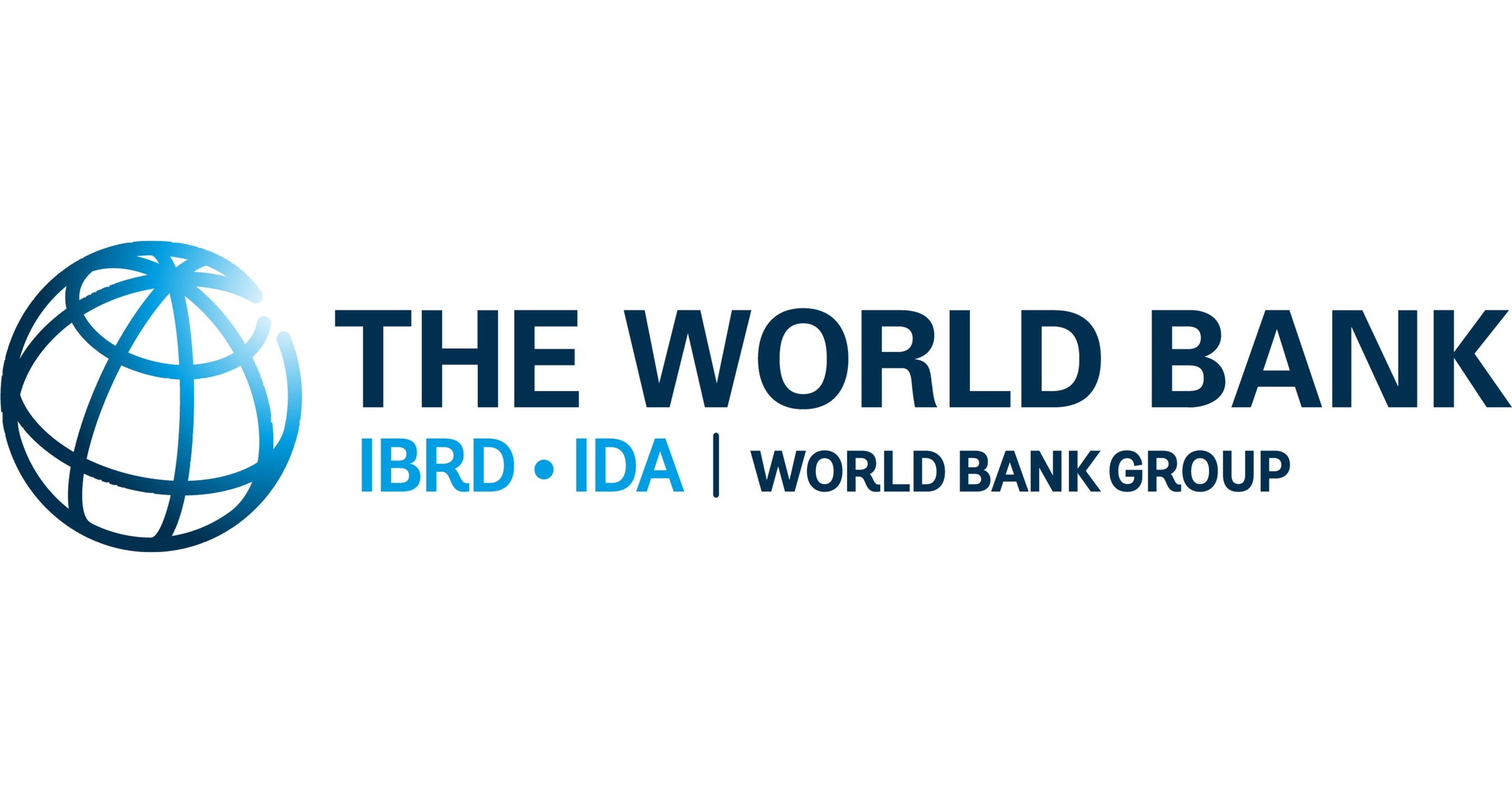
Russia’s invasion of Ukraine and its effects on commodity markets, supply chains, inflation, and financial conditions have steepened the slowdown in global growth. One key risk to the outlook is the possibility of high global inflation accompanied by tepid growth, reminiscent of the stagflation of the 1970s. This could eventually result in a sharp tightening of monetary policy in advanced economies, which could lead to financial stress in some emerging market and developing economies. A forceful and wide-ranging policy response is required to boost growth, bolster macroeconomic frameworks, reduce financial vulnerabilities, and support vulnerable groups.
Finance & Development: Geo-economic Puzzle: Policymaking in a More Fragmented World
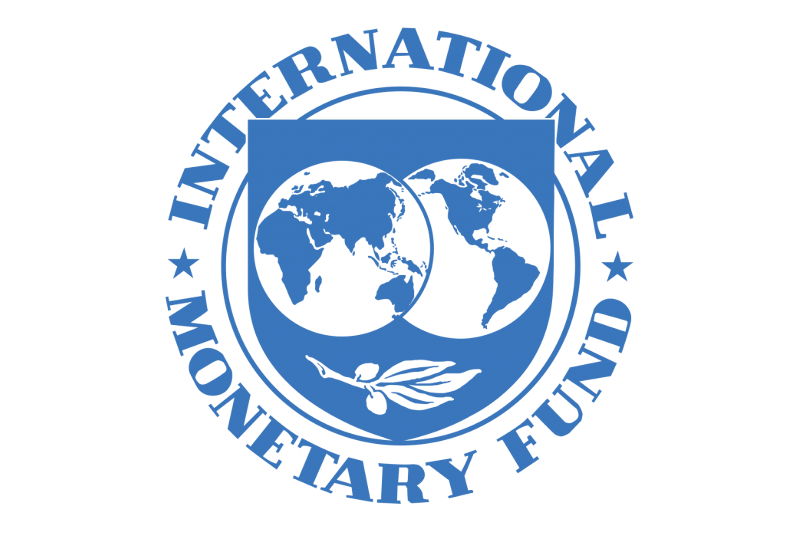
The International Monetary Fund (IMF) has published its latest version of the Finance & Development magazine with the focus of this issue being "Geo-economic Puzzle: Policymaking in a More Fragmented World".
Regarding the continent of Africa, this issue contains articles of interest covering the topics of energy transition, food crises, changing geopolitical landscapes and the inequalities suffered by poorer regions in todays world, chief among them Africa.
Mali - le secteur prive face à la crise sanitaire : impacts de la Covid-19 sur les PME au Mali - Rapport final
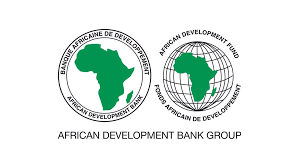
Après avoir enregistré ses premiers cas confirmés de COVID-19 le 25 mars 2020, le Mali a connu une rapide propagation de la pandémie. Pour faire face à cette situation, le pays a pris, en mars et mai 2020, des mesures restrictives qui ont eu des effets négatifs sur l’activité. Globalement, la pandémie a affecté le secteur privé en causant une accélération du chômage technique et des pertes massives d’emplois estimées à 49,20% en 2020, occasionnant des pertes de chiffre d’affaires évaluées à 24,21%. Or, le secteur privé est fortement dominé par les petites et moyennes entreprises (PME) qui représentent 90% des entreprises. Etant donné que les PME sont orientées vers l’extérieur, tenant compte de leurs secteurs d’activités affectés par les mesures de restrictions et considérant leur état de faible performance avant la pandémie, elles sont ainsi très exposées aux effets de la crise sanitaire mondiale.
EIB Working Paper 2022/08 - Are EU firms climate-ready?
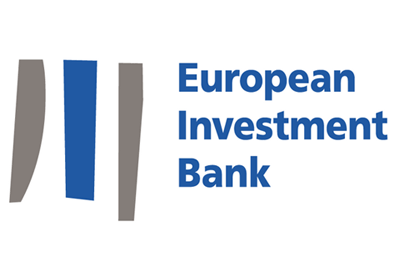
This study uses unique firm-level data from EIBIS to identify EU firms' climate strategies and the firm characteristics associated with them.
Through a clustering analysis, the these strategies are divided into five distinct clusters, in line with the correspondent literature. We then investigate the role of various firms' characteristics in their adoption based on a multi-logit regression.
The findings show that almost half of the EU firms either adopt "wait-and-see" strategies or plan to invest in tackling climate change risks. More climate-friendly strategies appear to be positively associated with awareness of climate-related risks, especially with firms that see the transition to a low-carbon future as an opportunity. Similarly, those strategies are followed by large firms that are innovative, face fewer credit constraints and operate in an environment where there is a strong push for climate action from various stakeholders. These findings can guide policymakers on supporting firms' transformation to play their part, as an integral part of our society, in the road to a clean, affordable, and secure energy future.
EIB Working Paper 2022/09 - Productivity and responses to the pandemic

The COVID-19 pandemic and its effects affected sectors in different ways, including on the firm-level productivity. Findings show that firms’ responses to the COVID-19 crisis varied within sectors: more productive firms coped with the crisis better in terms of closures and employment adjustments. They were also more likely to speed up some digitalisation processes.
These findings imply that the recent crisis could amplify the difference between highly productive and less productive firms. When it comes to the governments’ policy measures, we find strong usage at the firm level, but very little differentiation across productivity quantiles, suggesting room for a more targeted approach for the reminder of the pandemic.
Regional integration in West Africa: Wasteful overlaps or necessary options?
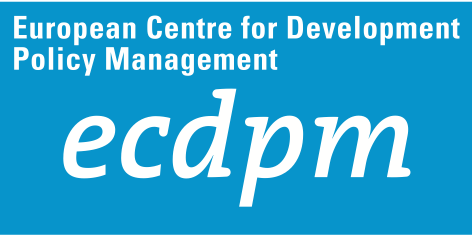
This paper analyses the interests and incentives around two overlapping regional organisations in West Africa: ECOWAS (the Economic Community of West African States), which has fifteen members, and UEMOA (the West African Economic and Monetary Union), whose eight members are also ECOWAS members. We explore the interaction of the formal mandates and cooperation structures of the two organisations, looking at their history, legitimacy and member state interests, and focusing particularly on regional trade.
While overlapping UEMOA-ECOWAS memberships have a history and a logic, they create practical difficulties, particularly in the case of promoting regional trade. UEMOA’s greater apparent integration and longevity compared to ECOWAS partly explains why recorded trade flows seem more concentrated among UEMOA member states. At the same time, ECOWAS derives its legitimacy from its greater scope of membership, its peace and security role, and by being one of eight regional economic communities that is recognised by the African Union.
Africa’s 2022 Growth Prospects: Poise under Post-Pandemic and Heightening Geopolitical Pressures

Despite the numerous, lingering negative effects of the pandemic — from global supply chain disruption and rising inflationary pressures to recurrent waves of COVID-19 infections and the emergence of threatening variants — the globalisation of growth resilience will emerge as one of the most important stories when economic historians reflect on this time. In a major and synchronised reversal, growth bounced back in 2021 in one of the strongest post-recession recoveries in decades.
Although the recovery rate was uneven across regions and countries (World Bank, 2021a; IMF, 2021a), output expansion was exceptionally strong in many advanced as well as emerging market and developing economies, the base effect notwithstanding. Botswana’s GDP, which expanded by 12.5%, making it the fastest-growing economy in Africa and one of the fastest growing in the world, exemplifies these circumstances among developing economies.
Annual Development Effectiveness Review 2022

Returning Africa to its development path.
Africa faces an extraordinary set of challenges. Following the devastating domino effects of the Covid-19 pandemic, economies must be rebuilt, and public services and long-term investment programmes restored.
At the same time, African countries must also manage the accelerating impacts of climate change, prepare for future health emergencies, and deal with the prospects of a global food crisis triggered by the war in Ukraine. They face these challenges in the context of rising debt and sharply constrained public resources. Rebuilding and development require investment. If countries are unable to mobilise the resources they need, their prospects of achieving the Sustainable Development Goals will recede.




